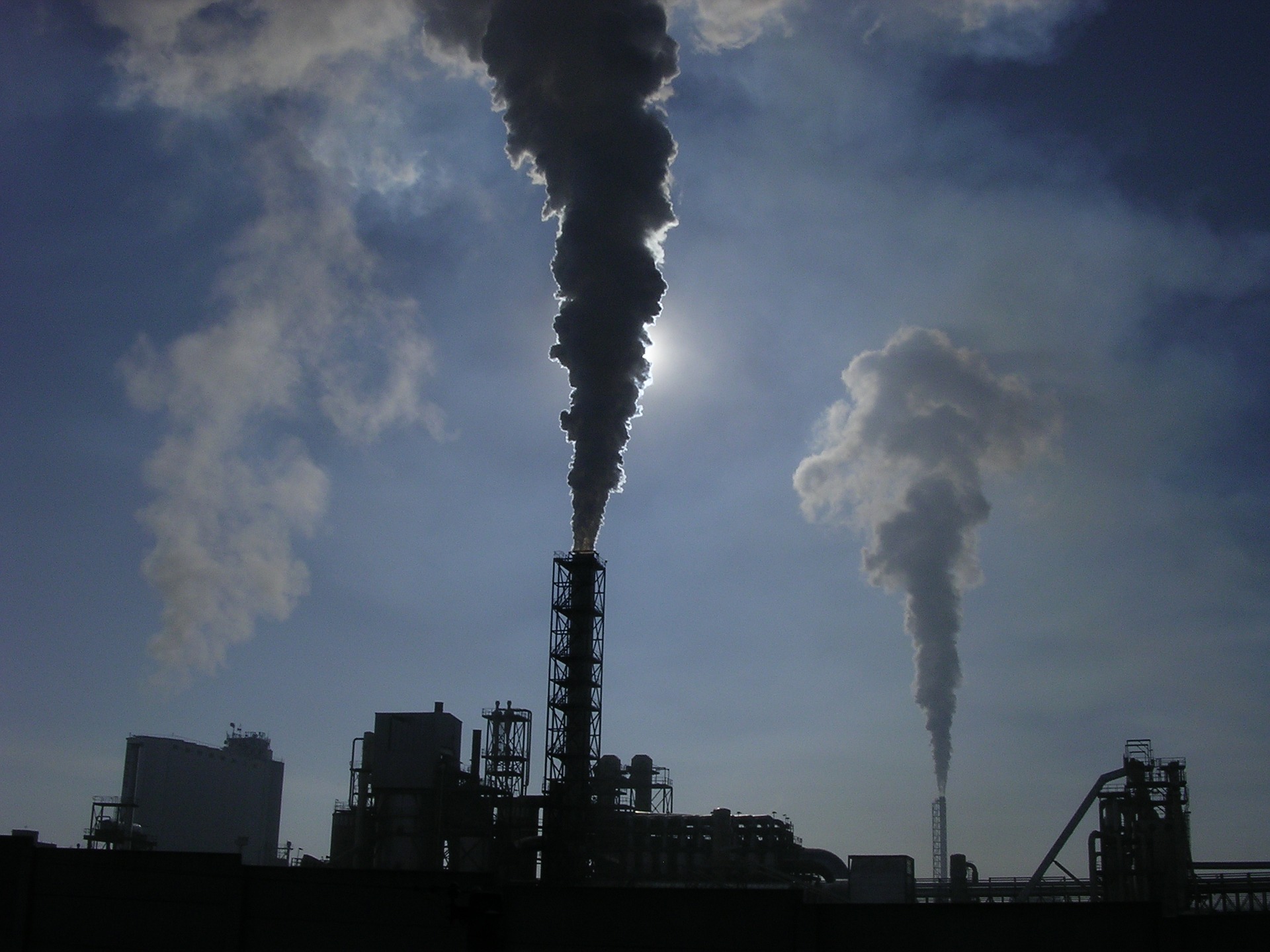A very important tool in combating climate change is to put a price on carbon emissions. This price factors in the negative externality of climate change and creates an incentive for the invisible hand of the market to move companies and economies away from burning fossil fuels. Achieving Paris Agreement climate targets will require the widespread use of carbon pricing to steer the world onto a low-carbon and sustainable pathway.
Currently, carbon pricing follows two main methods: carbon taxes and cap-and-trade systems (or emissions trading systems, “ETS”). The advantage of an ETS over a carbon tax is that the total amount of CO2 released by participants in the scheme is capped at a pre-determined ceiling, which is subject to annual reductions. In addition, through the use of tradable emissions allowances, CO2 reduction can be facilitated at the lowest total cost to society.
Carbon allowances have become a liquid and investable asset class that traded approximately US$800 billion in 2021 across physical carbon, futures, and options; this was more than double the volume of twelve months earlier. Carbon has exhibited attractive historical returns and a low correlation with other asset classes, making it potentially attractive within a diversified portfolio.
The World Carbon Fund is a unique investment fund that invests across multiple liquid and regulated carbon markets. It is managed by Carbon Cap Management LLP an investment management boutique based in London. Carbon Cap have established a team with industry experience gained across carbon pricing, carbon trading and fundamental carbon markets research.
The Fund’s objectives are to generate absolute returns with a low correlation to traditional asset classes as well as having a direct impact on climate change. The Fund uses long-biased allocations across the carbon markets in order to capture the medium-term positive returns forecast in these markets. It also deploys a range of shorter-term alpha generating strategies including arbitrage and volatility trading.
There is a widespread acknowledgement that the price of carbon needs to continue to appreciate in order to provide sufficient incentive to meet Paris Agreement targets. 2021 saw significant price rises in each carbon market in which the Fund invests which has helped towards a positive return of more than 70% since its launch early in 2020.

The carbon markets can display high levels of volatility and the Fund operates within clearly defined risk framework in order to maximise risk adjusted returns. In general terms there is low correlation between the individual carbon markets and this apparent anomaly can be used both as an alpha source and to manage down overall portfolio risks.
The Fund is an Article 9 fund under the EU’s SFDR. It seeks, through its investment activities, to contribute directly to the reduction in global CO2 emissions targets. In addition, the investment manager contributes a fixed percentage of performance fees generated to purchasing and cancelling carbon allowances/offsets.
Investors in the Fund are institutions, wealth managers, family offices and private clients. As well as seeking to provide investors with non-correlated returns and climate impact, carbon investing can also act as an inflation hedge as higher carbon prices are seen to be correlated to consumer price indices.
South Hub Investments S.L, a company founded by Carlos Diez, will be responsible for the distribution of the funds in Spain. The company performs this function thanks to an agreement with Hyde Park Investment International LTD, an MFSA-regulated entity, which has 16 years of experience in European fund distribution.



